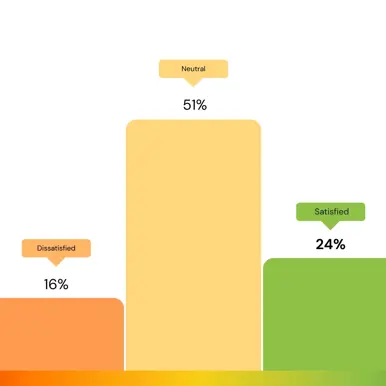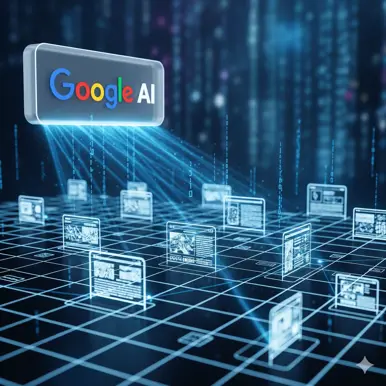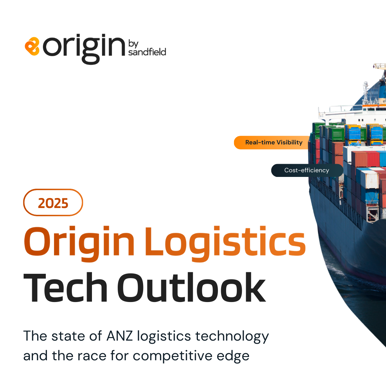When I say "we're working on AI Agents" the reply is normally "so what exactly is an Agent"?
Agents use ‘tools’
Just like a mechanic using tools to complete tasks, in this case an AI Agent's tools are typically APIs or functions (like AWS Lambda functions or Azure Functions).
So if you had 20 APIs today for your system(s), you could create an Agent and set up those 20 tools for that Agent. Just like a mechanic can’t magic up some new tools, an Agent can only use the tools you give it.
So what does the Agent bit do?
A mechanic’s tools will just sit there until the mechanic works out what needs to be done, and then uses the appropriate tool(s) to achieve a result. And so an AI Agent leverages an LLM to understand what the client wants to do (using reasoning, planning, memory), and then uses the appropriate tools (APIs and functions).
You could think of an Agent as a junior mechanic; give it a small task to do and you’ll get a better result than giving it a broad task and hoping for the best. Break down larger tasks into a series of small ones. Tell the junior mechanic (AI Agent) to stick to what it knows, and don’t go making stuff up.
What is cool about Agents, is they can use one tool, take the result from that, and then from that result do another task. Previously we would have written code for every possibility, whereas the ability for the Agent to interpret what the client wants, and achieve it from the tools available is the really useful part.
What about Agent Orchestration?
That’s just another level above. To build a house you need a builder agent, an electrician agent, a painter agent, etc. The Project Manager is the Agent Orchestrator, who organises many agents to achieve a more complex task.
Keep agents specialised to their role, and you’ll have less issues with them going off-piste. Use Agent Orchestration to select, direct, and sequence individual agents.
What about MCP Servers?
An MCP Server is a standard for describing what a tool does. Think of it as a wrapper of your APIs, so that agents can quickly use your APIs (tools). It’s not a must, but using the mechanic analogy, it’s a standard guide for any new tool the mechanic is going to use, rather than a hodge podge of different manuals or no manual!
Can you have Agents without APIs?
Ideally you have a range of tools (APIs) to get the jobs done that you want your Agents to do. But if there’s no API for a particular job, and only a UI/page to do things, then yes you can have the Agent fire up a virtual desktop/browser and move the mouse around like a human would.
Are they useful?
Anytime you have someone doing something repetitive, then it’s likely you could get an Agent to do it. Think of an Agent like a junior in the office, give them the correct tools, keep the instructions simple, and let them do the repetitive tasks so you can focus on the strategic or complex tasks they can’t.
Needing some inspiration?
Customer Service Agent: A transport company receives hundreds of emails a day, requesting status updates, requesting quotes, and requesting changes to jobs. The AI agent monitors the company's shared email inbox, it reads every incoming email, classifies the email and extracts key information. Based on the intent of the email it’ll either action the request (by calling an API and then replying to the email), or pass the email on to an appropriate team in the business.
Operational Support Agent: A travel company has hundreds of clients on holiday or about to go on holiday. The AI agent could monitor weather updates (from weather APIs) for the locations and dates based on the itineraries for those travellers, and then alert the travel agent of potential disruptions due to bad weather. The AI agent could include suggested changes to the itineraries, knowing the start/end dates and locations, which allows the travel agent to review and communicate these with their affected travellers.
Interested in learning what AI could do for your business? Check out our AI solutions and workshop here.













